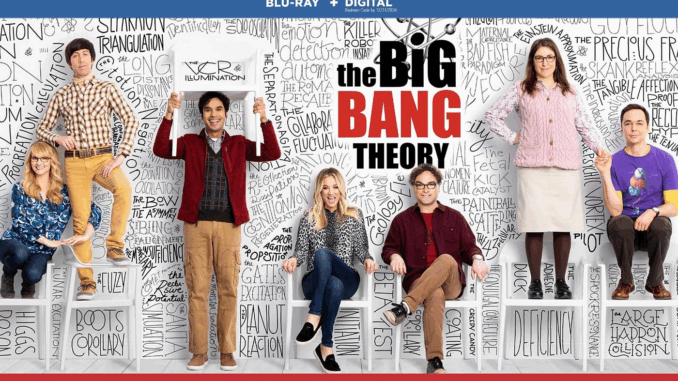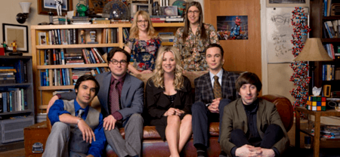
The Big Bang Theory (2007–2019) is not only one of the longest-running and highest-rated sitcoms in television history—it is a cultural milestone that transformed the mainstream portrayal of science, intellect, and geek culture. Spanning 12 seasons, the series delivers more than laughs, offering deeply layered characters, meaningful social commentary, and emotional growth wrapped in humor.
Plot Overview
The series follows four intellectually gifted but socially awkward scientists—Leonard, Sheldon, Howard, and Raj—whose routines are disrupted when Penny, an aspiring actress, moves in across the hall. What begins as a humorous clash between contrasting worlds evolves into a nuanced exploration of friendship, love, identity, and transformation. As the series progresses, character development takes center stage, particularly with the additions of Amy and Bernadette, who bring new perspectives and balance to the narrative.
Character Analysis
Sheldon Cooper
The show’s standout character, Sheldon is a theoretical physicist known for his brilliance, rigid routines, and emotional detachment. Over time, viewers witness one of the show’s most compelling arcs as he gradually opens up to emotional vulnerability, particularly through his relationship with Amy. Jim Parsons’ portrayal earned him multiple Emmy Awards for good reason.
Leonard Hofstadter
Leonard serves as the emotional anchor of the group. As an experimental physicist, he often bridges the intellectual world with a longing for connection and normalcy. His relationship with Penny serves as the emotional core of the series.
Penny
Initially positioned as the “everywoman” figure, Penny evolves into one of the most dynamic characters. Her journey from a struggling actress to a successful pharmaceutical representative subverts expectations and adds depth to her character.
Howard Wolowitz and Raj Koothrappali
Initially used for comedic relief, both characters undergo meaningful growth. Howard matures significantly through his marriage and fatherhood. Raj’s struggle with identity, social anxiety, and loneliness adds complexity to his role within the group.
Underlying Themes and Social Commentary
Beneath the show’s humor are thoughtful messages about identity, inclusion, and growth.
Social Acceptance and Neurodivergence
Many characters struggle with social interaction and emotional expression. Through characters like Sheldon, the show normalizes nontraditional personalities and celebrates the diversity of thought.

Women in STEM
Amy and Bernadette break gender stereotypes by excelling in scientific fields. Their presence adds valuable representation and expands the scope of what it means to be a woman in a male-dominated profession.
Modern Masculinity and Friendship
The series offers an evolving picture of male relationships. The friendships are emotionally expressive, loyal, and rooted in empathy rather than competition.
What Sets The Big Bang Theory Apart
Intellectual Humor
While accessible to general audiences, the show frequently integrates real scientific concepts, academic jargon, and pop culture references—from quantum physics to Star Wars. This balance of intellect and humor made it unique in the sitcom landscape.
Long-Term Character Development
Unlike many sitcoms that reset character arcs for episodic convenience, The Big Bang Theory allows its characters to grow over time. Sheldon becomes more empathetic, Penny gains confidence and career success, and the group evolves with each life event.
Cultural Impact
The series redefined how television portrays “nerds.” Instead of sidelining them, it put scientists and introverts at the forefront. Its legacy lives on in reruns, merchandise, and the successful spin-off prequel, Young Sheldon.
Final Verdict
Rating: 9/10
The Big Bang Theory began as a lighthearted sitcom and matured into a thoughtful, emotional, and culturally significant series. It masterfully combined science, humor, and humanity, leaving a lasting impact on television and pop culture. Whether you’re a science enthusiast or simply looking for a character-driven comedy with heart, this show remains a standout in modern television history.